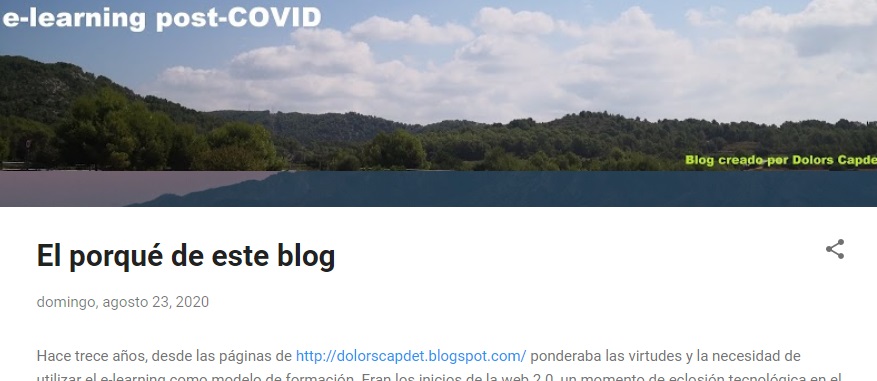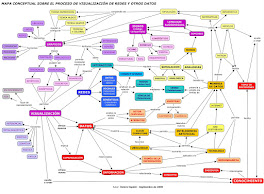In the third week of the course IPT 692R: Introduction to Open Education is necessary to randomly choose five courses from MIT OCW and five courses CMU OLI to analyze the quality of their different designs.
MIT OCW has a long list of courses and I have opted to choose one from each year to compare their evolution.
In this process, some things have surprised me:
- Maintains existing courses 1997 (22.920. A Hands-On Introduction to Nuclear Magnetic Resonance. January (IAP) 1997).
- Some courses of the spring of 2006 and 2007 are still tagged as New (HST.583. Functional Magnetic Resonance Imaging: Data Acquisition and Analysis. Fall 2006 / 6.543J. The Lexicon and Its Features. Spring 2007)
In the end, this has been my choice:
- Visualizing Cultures (21F.027J / CMS.874 / 21H.917J / Spring 2008)
- Neural Basis of Learning and Memory (9.03 / Fall 2007)
- Workshop I (CMS.950 / Fall 2005)
- Documenting Culture (21A.337J / CMS.917J / Spring 2004)
- Technologies of Humanism (21L.708 / CMS.910 / Spring 2003)
All courses follow the same format since the beginning of the project so far. Its main features are:
- Model: Cognitivist
- Methodology: Reading and debate. Individual final project.
- Materials: Accessible online
- Distribution of task: Weekly.
- Interaction: Synchronous (mandatory seminars) and asynchronous (tutoring).
- Job Type: Individual (Students will discuss their projects individually with instructors). Mandatory seminars - readings previously assigned.
- Tutoring: Personalized.
- Assessment: Continuous (learning, skills and attitudes)
- Grading: will be determined as a weighted average learning (final project or final examination) and attitudes (participation, delivery time work, ...), depending on the courses.
As for the CMU OLI, the choice of courses has been much easier because the supply is much lower. These have been chosen:
Also on this case, the design is the same for all courses. Its main features are:- Model: Constructivist
- Methodology: e-Learning. Trial and error through the practices and simulations.
- Materials: Free and accessibles online
- Distribution of tasks: Modular.
- Interaction: Synchronous (practices) and asynchronous (mentor).
- Job Type: Individual and group. Various options for facilitating the attendance at practices.
- Tutoring: Accompanying
- Assessment: Continuous (learning, skills and attitudes)
- Grading: Based on the outcome of the evaluation.























No hay comentarios:
Publicar un comentario